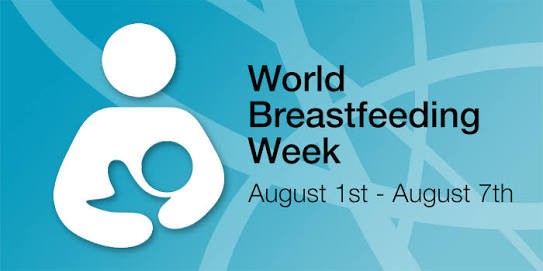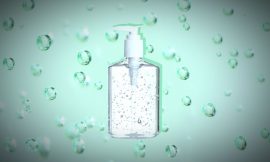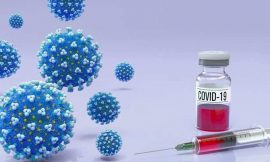Mothers who breast feed can be at the risk of some serious health issues. It is mainly because the mothers tend to prioritize everything and anything concerning their babies at the cost of ignoring their own health. A woman can be at the risk of both physical as well as mental health issues during the breast-feeding stage. These conditions can be further categorized under the following:
- Short Term Health Issues
- Long term Health Issues
Short Term Health Issues
Let’s get to know some of the short term health problems that affect a woman physically.
- Disturbed Ovulation/Irregular periods
With a sudden hormonal change, ovulation is disturbed as a result of which some women experience irregular periods during breast feeding.
- Weight Loss
Child birth can bring in a drastic change to a mother’s schedule. A hectic schedule with physical exertion, an irregular eating pattern, lack of rest and sleep, etc can result in the weight loss. It is estimated that producing breast milk could burn around 500 calories/day. This could also be an apparent reason for an evident weight loss seen in the early stages post-delivery.
- Changes in Uterus
After child birth, the uterus (womb) usually gets back to normal. However, many women in the early weeks might experience mild cramping, tugging and pulling in the abdomen.
Long Term Health Issues
- Obesity/Weight Gain
It is a known fact that new mothers need to consume extra calories a day to keep up. A hormone called prolactin stimulates breast milk production however it also stimulates hunger and, often suppresses the body’s metabolism. Constantly staying physically inactive for breast feeding can lead to this weight gain. When this weight gain is left unattended at a stretch it results in obesity.
- Osteoporosis
Breastfeeding affects a mother’s bones. Various research studies have revealed that women usually lose 3 – 5 % of their bone mass during breastfeeding, although they recover it rapidly after weaning. This bone loss is a result of the growing baby’s increased need for calcium. This calcium is usually taken up from the mother’s bones. The bone mass is lost during breastfeeding because production of oestrogen is reduced at this time. Oestrogen hormone usually protects our bones.
- Breast Lumps/Abscess
Breast lumps are very common during breastfeeding. Some lumps occur and go on their own. The reasons for the persistent lumps are a blocked duct, infection or the swollen breast tissue resulting in mastitis. These lumps if left untreated may lead to a breast abscess. Lumps in the armpit can also be associated with breastfeeding as the breast tissue is spread upto the armpit.
- Breast cancer
It is very rare for a lump to be a sign of cancer especially while you are breastfeeding but always get medical advice if the lump is persistent for more than a week, and particularly if it is getting bigger, does not move, is firm and hard, or if there is dimpling of the skin.
Mental/Psychological Effects seen in breast feeding women
Now that we have gone through the how breast feeding can affect women physically; let’s also understand the mental/psychological effects of nursing.
Post-delivery depression syndrome causes are as follows:
- Maternal Stress and lack of time for own self (mother), sleep deprivation, and unhealthy lifestyle.
- When they are not able to breastfeed due to the following reasons:
- Low breast milk production
- Baby cannot suck
- They are on medication which does not allow them to breast feed.
- Often women refuse to get treated for this postpartum depression or anxiety.
- Some mothers might not be aware that they are suffering from this condition.
These are only a few problems seen in nursing mothers. Following are the key measures to tackle these issues:
- Take good care of yourself, by taking your meals on time and eating healthy. Include foods that are made from wheat, rice, oats, cornmeal, barley in the diet
- Keeping yourself active
- Self-examination of the breasts, etc. – any health issue should be immediately discussed with your family physician. Remember an ounce of prevention is worth a pound of cure!
- Take proper rest – In the first few weeks, let someone else take care of all the responsibilities other than feeding your baby
So please don’t stress, stay happy and healthy to enjoy this life-changing and beautiful transformation!!!
**Article contributed by Ms. Kanchan Naikawadi, Preventive Healthcare Specialist, Indus Health Plus




